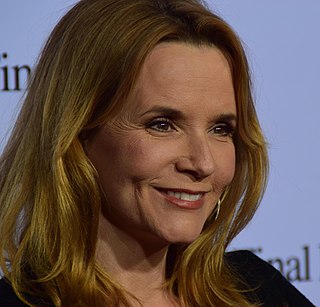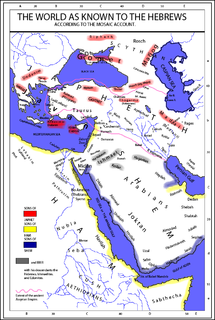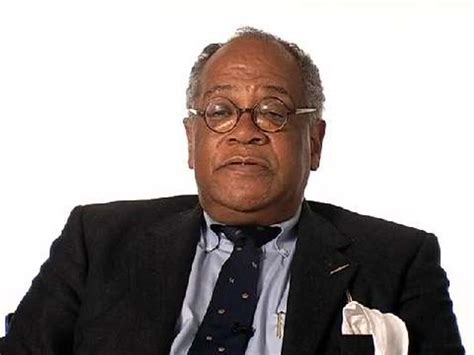A Quote by Kim Ki-duk
I always ask myself one question: what is human? What does it mean to be human? Maybe people will consider my new films brutal again. But this violence is just a reflection of what they really are, of what is in each one of us to certain degree.
Related Quotes
Nowadays with the internet, it's an equal opportunity brutal playing field. I mean, everyone is brutal to everybody half the time. People can be unbelievably brutal on the internet, about everything. But they can also be really, really nice. The problem is that human beings like to focus on the negative sometimes, unfortunately.
The thing is, right now the films don't need to be overtly political to be about our times. We also need films that are just human, that are about people. People need that, too. It's like we need to reconnect to what it is to be human. Not just what our political situation is. That's not what I'm thinking about exclusively. Human content is needed again, as it was in the '70s. I think films were more human than they've been since then.
The question I'm always asking myself is: are we masters or victims? Do we make history, or does history make us? Do we shape the world, or are we just shaped by it? The question of do we have agency in our lives or whether we are just passive victims of events is, I think, a great question, and one that I have always tried to ask.
The brain is the most complicated organ in the universe. We have learned a lot about other human organs. We know how the heart pumps and how the kidney does what it does. To a certain degree, we have read the letters of the human genome. But the brain has 100 billion neurons. Each one of those has about 10,000 connections.
I hope when people ask what you're going to do with your English degree and/or creative writing degree you'll say: Continue my bookish examination of the contradictions and complexities of human motivation and desire; or maybe just: Carry it with me, as I do everything that matters. And then smile very serenely until they say, Oh.
Artists use frauds to make human beings seem more wonderful than they really are. Dancers show us human beings who move much more gracefully than human beings really move. Films and books and plays show us people talking much more entertainingly than people really talk, make paltry human enterprises seem important. Singers and musicians show us human beings making sounds far more lovely than human beings really make. Architects give us temples in which something marvelous is obviously going on. Actually, practically nothing is going on.
At a fundamental level, as human beings, we are all the same; each one of us aspires to happiness and each one of us does not wish to suffer. This is why, whenever I have the opportunity, I try to draw people's attention to what as members of the human family we have in common and the deeply interconnected nature of our existence and welfare.
Perhaps it won't matter, in the end, which country is the sower of the seed of exploration. The importance will be in the growth of the new plant of progress and in the fruits it will bear. These fruits will be a new breed of the human species, a human with new views, new vigor, new resiliency, and a new view of the human purpose. The plant: the tree of human destiny.
If I stand alone, It does not mean, I am any less a Human, If my arms do not hold another, It does not mean, They are incapable of holding, If my tongue is silent, And never speaks the words of Love, It does not mean, That it will be mute, When the time comes, That the words can sincerely be spoken. And just because the World, Has not yet introduced, The one that will share my Life, It certainly does not mean, That I am incapable, Of Loving.
Human existence is a brutal experience to me... it's a brutal, meaningless experience - an agonizing, meaningless experience with some oases, delight, some charm and peace, but these are just small oases. Overall, it is a brutal, terrible experience, and so it salvation is what can you do to alleviate the agony of the human condition, the human predicament? That is what interests me the most.
Because of my experience in Occupy, instead of asking the question, "Who will benefit from this system I'm implementing with the data?" I started to ask the question, "What will happen to the most vulnerable?" Or "Who is going to lose under this system? How will this affect the worst-off person?" Which is a very different question from "How does this improve certain people's lives?"
The question should not be 'What would Jesus do?' but rather, more dangerously, 'What would Jesus have me do?' The onus is not on Jesus but on us, for Jesus did not come to ask semidivine human beings to do impossible things. He came to ask human beings to live up to their full humanity; he wants us to live in the full implication of our human gifts, and that is far more demanding.





































